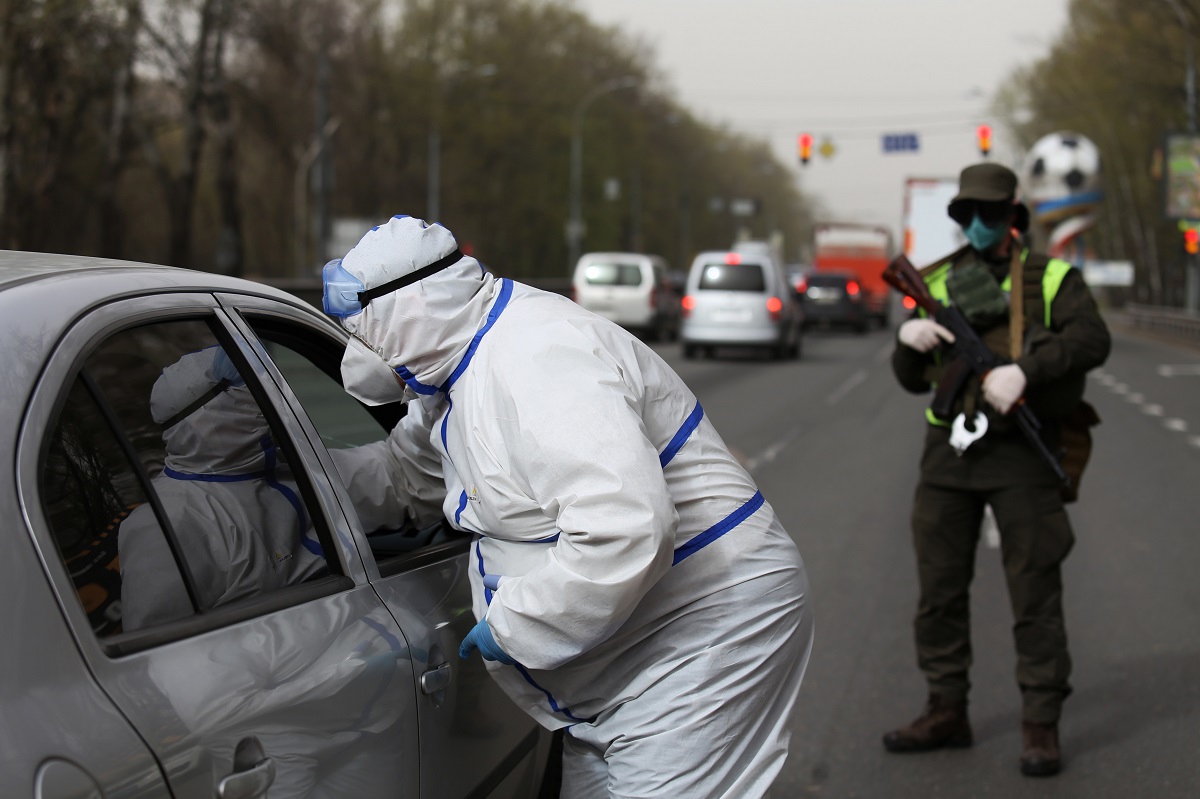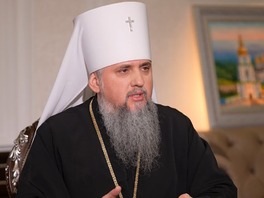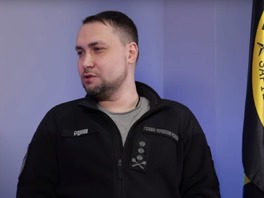CoVid19 has undoubtedly turned the world upside down in the past couple of months. Ukraine is one of the many countries trying to manage this crisis, albeit in its own, peculiar and chaotic way. Those citizens, who found themselves on foreign territories when the lockdown began, found their return to Ukraine to be accompanied by a nasty surprise. Entry is only allowed after downloading a state-commissioned application called “Dij Vdoma”, which is supposed to track and verify the obligatory two weeks of self-isolation one has to undergo when arriving in Ukraine. Several times a day, at random, the application demands verification of the individual’s whereabouts. When receiving a notification, the individual is supposed to open the in-app camera, take a selfie and send it through to the relevant authorities. Failing to do so within 15 minutes, results in the information being sent to the regional police force and their execution of a separate verification.
Now, let it be clear that several Western countries, such as Belgium, Italy, Spain and the US, have exemplified that CoVid19 is far from a minor threat to national health. Safeguarding vulnerable groups from the further spread of the virus is paramount in these threatening times, and it has taken national and international spheres in urgent priority. The most dangerous pitfall in times of crisis, however, is the lure of authoritarianism and disproportionate curtailment of human rights.
Several countries have played with the idea to follow China in the monitoring and tracking of CoVid19 patients and their contacts. Those tracking apps were quickly rejected on a political level, when it became clear that the legal repercussions would be a nightmare to deal with. Every European country has the right to privacy inscribed in its Constitution, or adheres to the European Charter of Human Rights, where article 8 embodies the essence of this basic human right. Article 8 ECHR is reflected in article 31 of the Ukrainian Constitution, in which it is stated that the collection, storage, use, and dissemination of confidential information about a person without his or her consent shall not be permitted.
The interpretation of the right to privacy has gone through a vast re-evaluation in the past years, most importantly by the introduction of data protection laws worldwide. It has become an essential element of privacy protection for an individual to know who is collecting which sort of information and data on their activity, what is being done with this information, where it is stored, who has access to it and for how long this information is saved. Aside from that, the basic rules of criminal law dictate that every individual is supposed to know which behaviour constitutes a crime or a violation of established rules, and what the consequences are to such behaviour.
I have found Ukraine lacking in both aspects.
Firstly, the obligatory downloading of the application causes problems with regard to registered consent to the gathering of personal information – there is none. Implied consent is a myth that has been debunked years ago, and therefore not something that can be invoked in these circumstances. Secondly, it’s frustratingly obvious that information on what exactly happens to the gathered data remains under wraps. Despite the fact that the application “Dij Vdoma” has a separate Q&A section, the obligatory answers to what exactly happens to your personal data remain generic and lack specifications. For example, it is mentioned that your information will be passed on to the local police when you fail to confirm your location in a timely fashion. Yet it’s unclear what exact information is passed on, how this happens and whether or not it will be deleted immediately, after the 2 weeks of self-isolation, or at all. Lastly, it must be mentioned that, there’s no clarity on which fine must be paid for violation of the isolation measures, or what constitutes as a legal violation of these measures. In my personal experience, the policeman who contacted me after my inability to confirm my location was unable to answer the questions I had with regard to how much the fine would be, and when this fine would be imposed on me. What if I were to step out for grocery shopping? What if my WiFi temporarily stopped working or I forgot my mobile phone in the other room? How many times can such an accident occur before it constitutes a lawful violation? The man on the other side of the line muttered that he wasn’t a lawyer and that was that.
Ukraine, being a young and fragile democracy as it is, can’t afford to be lax with regard to establishment of regulated control in the wake of a global crisis. Its actions may not be subject to investigation now, as the world is still caught up in a whirlwind, but it can be considered a dangerous step in an already quite destabilized political environment. Undoubtedly, the inability to meet the high standards of information and legal regulations when attempting to justify the infringement of such a basic a freedom on a national scale will have repercussions in the long run and will not speak in its favour on an international level.
After all, “Big Brother is watching you” is not a favourable statement for a country which is hoping for cooperation with the West.






